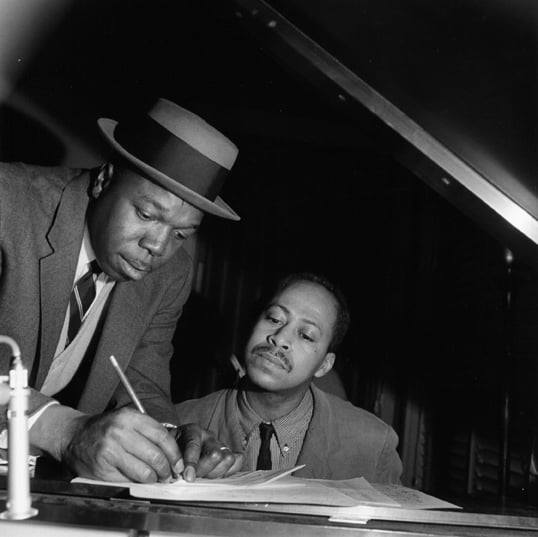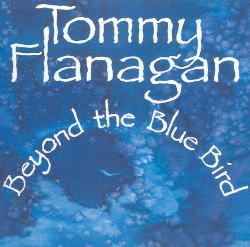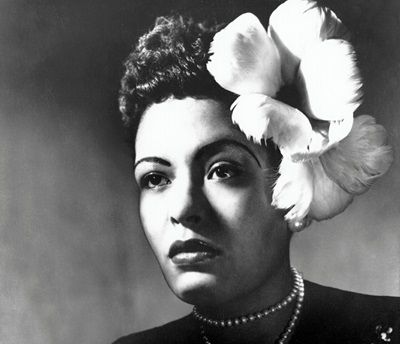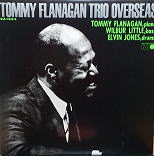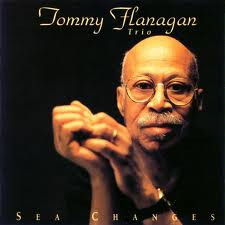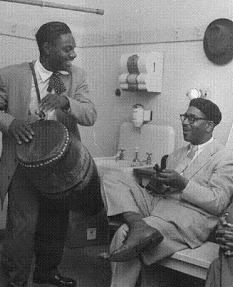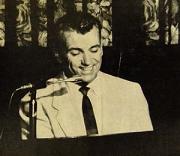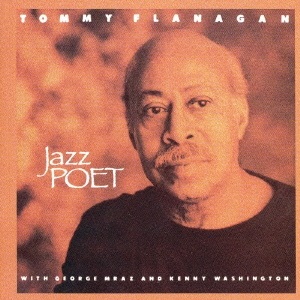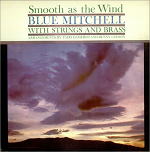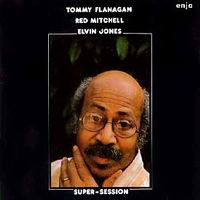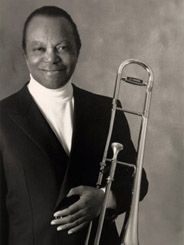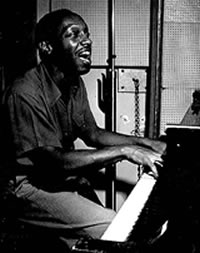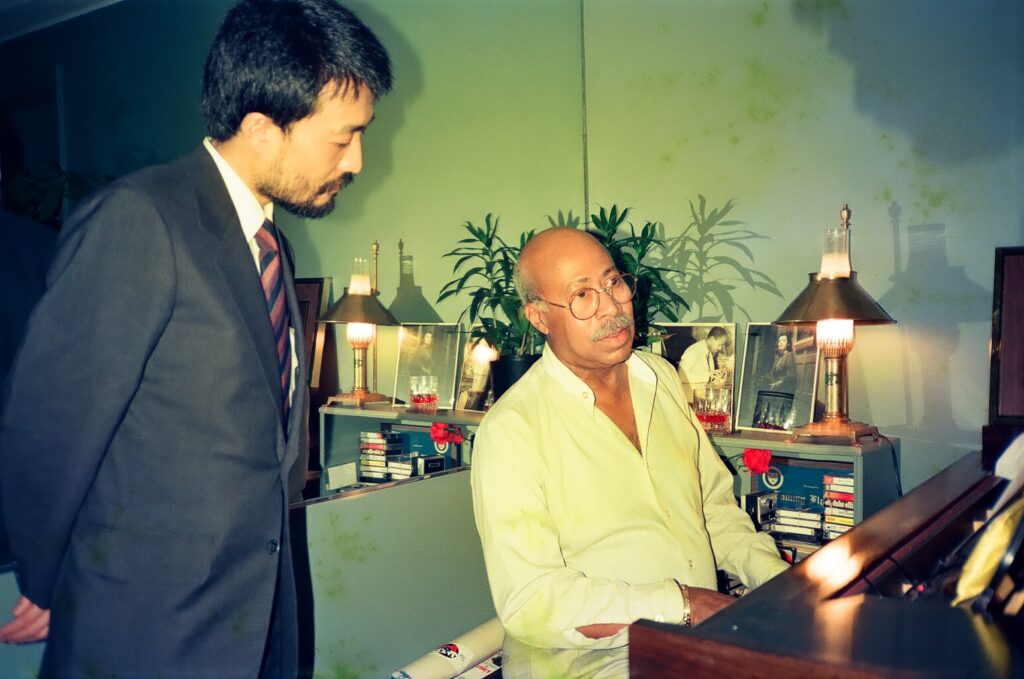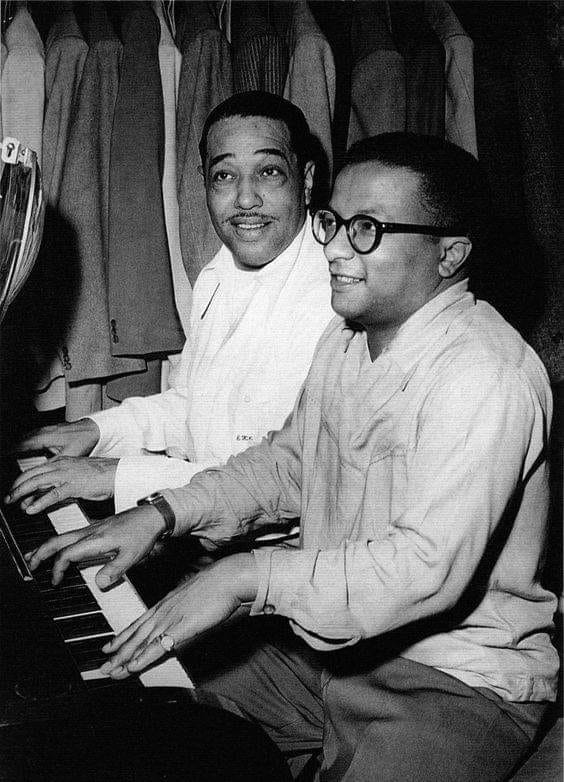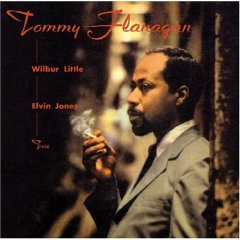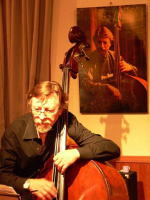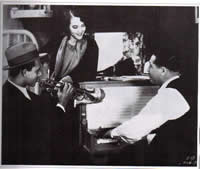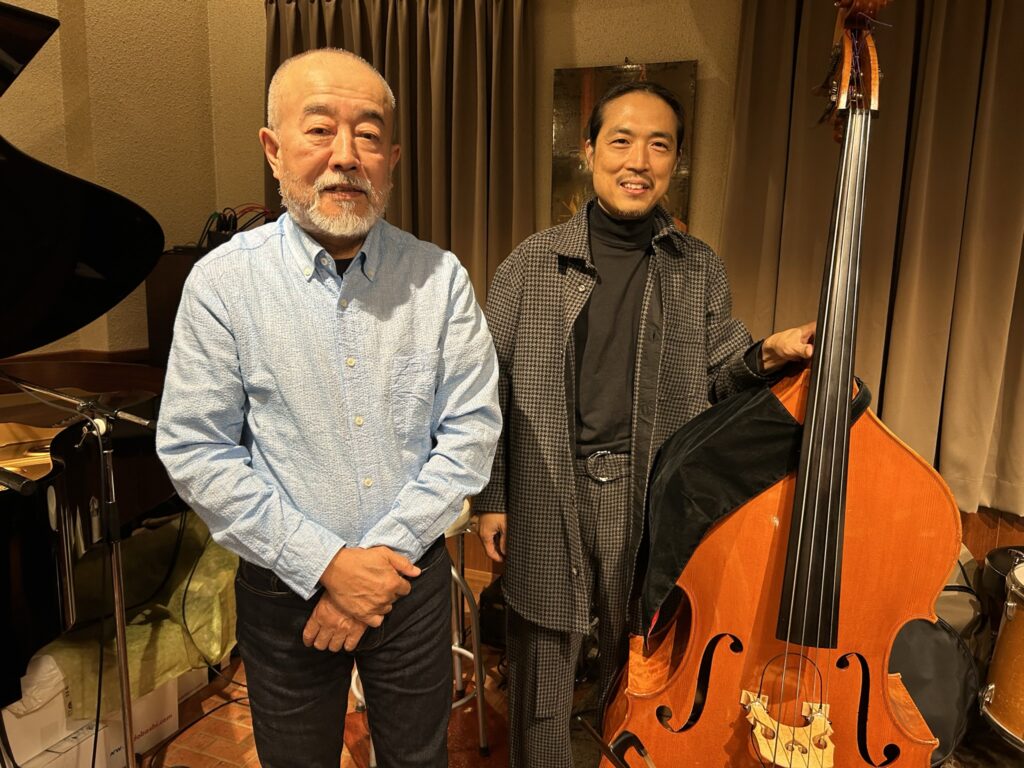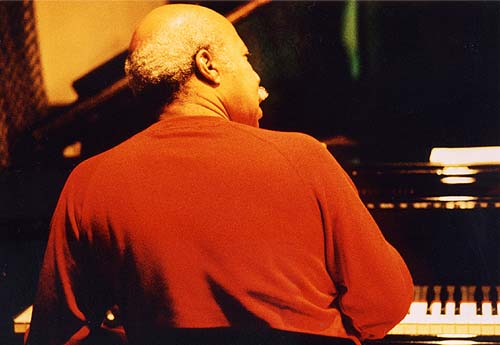
Performance: Hisayuki TERAI on piano, Zaiko MIYAMOTO on bass
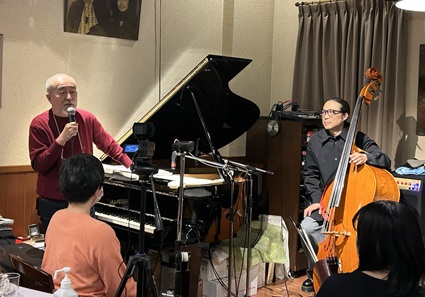
When pianist Hisayuki Terai opened Jazz Club OverSeas at 27-year-old in 1979, his only dream was to invite his idol, Tommy Flanagan. His dream came true in 1984, when Flanagan performed with his trio, featuring George Mraz on bass and Arthur Taylor on drums. Their mentor-student relationship lasted until Flanagan’s passing in 2001. Since then, Hisayuki has held biannual tribute concerts in honor of his mentor, performing Flanagan’s signature tunes to keep his musical legacy alive.
1st Set
1. Eclypso (Tommy Flanagan)
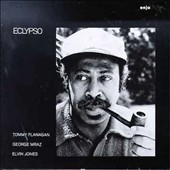
One of Flanagan’s famous uplifting originals, Eclypso holds a special memory for pianist Terai. When Terai visited New York for the first time at Flanagan’s invitation, on the last night of his unforgettable trip, Flanagan played this piece at the Village Vanguard, declaring to the audience that he would perform it for his protégé, Terai.
2. Out of the Past (Benny Golson)
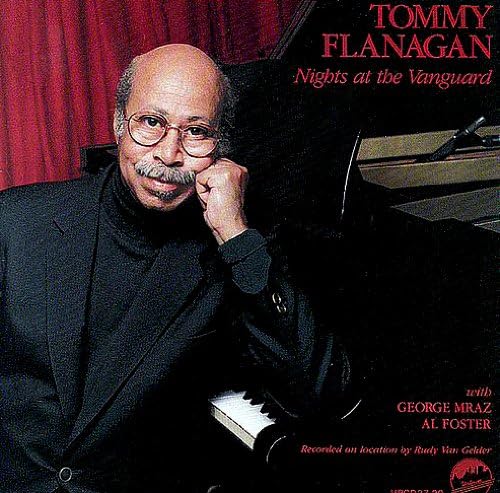
According to the composer Benny Golson, he composed ‘Out of the Past’ in the image of film noir. Trumpeter Art Farmer, a colleague of Golson’s, recorded it for his album ‘Art’ with Flanagan on piano. Years later, Flanagan often played it with his own trio and also recorded it on albums such as ‘Nights at the Vanguard’ (’86). The tune is quite popular here at the club, featuring the beautiful left-hand obligato in Flanagan style.
3. Beyond the Blue Bird (Tommy Flanagan)
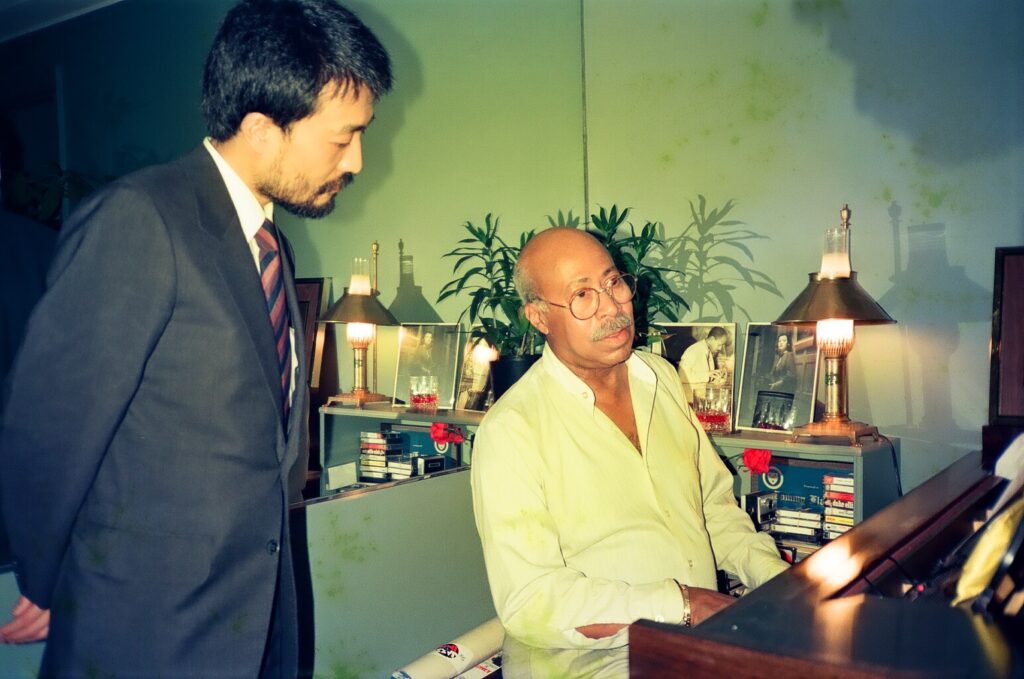
Flanagan wrote the piece in 1990 with nostalgia for the legendary jazz club in Detroit’s black community, the Blue Bird Inn, and the tune became the title track of his trio’s album, featuring fellow Detroiter guitar master Kenny Burrell. Prior to the album’s release, Flanagan had Terai transcribe this music in his apartment on the Upper West Side of New York City. With subtle and rapid key changes, it embodies typical Flanagan music, exuding elegance and depth.
4. Medley: Embraceable You (George Gershwin) – Quasimodo (Charlie Parker)
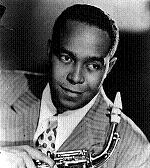
Flanagan’s style can hardly be discussed without taking his medleys into account. Charlie Parker wrote a bop tune based on the chord changes to the famous Gershwin song ‘Embraceable You’ and named it ‘Quasimodo’ after the hideous character from ‘The Hunchback of Notre-Dame.’ The medley ingeniously connects the original piece with the bop tune of the same construction through exquisite key changes, seemingly expressing Parker’s message that true ‘beauty’ lies not in appearance but within one’s soul. Among the numerous medleys by Flanagan, this is a legendary signature piece, sadly, no recording with his regular trio has been left. Terai continues to play this medley with unwavering belief in this sentiment.
5. Dalarna (Tommy Flanagan)

Flanagan’s early composition, Dalarna, was initially recorded on “Overseas” (Metronome/Prestige), an album produced during an extensive tour in 1957 across Sweden with the J.J. Johnson quintet. Throughout the tour of Sweden, they performed concerts in various locations across the country. It’s easy to imagine Flanagan being inspired by the beauty of Dalarna County.
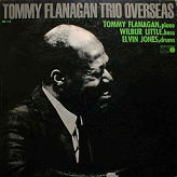
Although Flanagan didn’t revisit the tune for many years, he found renewed inspiration from Terai’s CD titled “Dalarna” (1995), prompting him to re-record it for “Sea Changes” (1996, Alfa), utilizing Terai’s arrangement. Immediately after the recording, Flanagan excitedly called Terai to announce, ‘I’ve recorded Dalarna! His lively voice ringers on in Terai’s heart to this day.
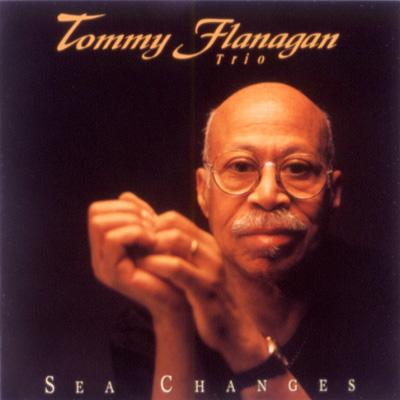
6. Beats Up (Tommy Flanagan)
A riff tune based on rhythm changes, Beats Up was originally recorded for “Overseas” and re-recorded for “Sea Changes” as well as Dalarna. Terai and Miyamoto challenge the dynamism of the trio in a duo format.”
7. Sunset and the Mockingbird (Duke Ellington, Billy Strayhorn)
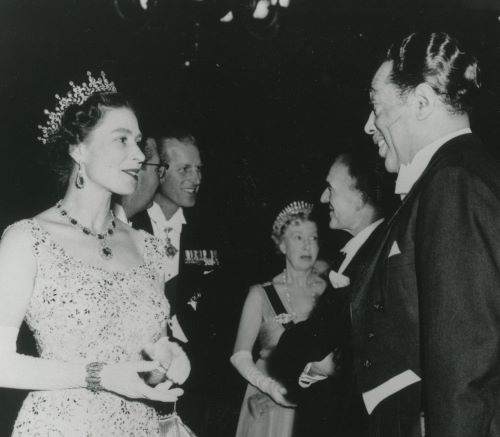
The inspiration for the piece came from a bird call Duke Ellington heard while driving across Florida with Harry Carney. He composed the tune instantly, and it eventually became a part of the “Queen’s Suite,” which Ellington recorded with his Orchestra, intending to press only one copy to dedicate to Queen Elizabeth. Flanagan enjoyed playing the tune since the 1970s, and it later became the title track of his 67th Birthday Concert album (’97 Blue Note).
8. Tin Tin Deo (Chano Pozo, Gill Fuller, Dizzy Gillespie)
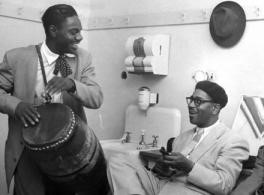
The closing of the first set is an Afro-Cuban jazz classic, pioneered by Dizzy Gillespie. Flanagan crafted an exquisite piano trio version, preserving the strength of the earthy Cuban rhythms and the wistful melody. It is characteristic of the Flanagan style to perform big band repertoire with a compact piano trio setting, delivering an even more dynamic interpretation.
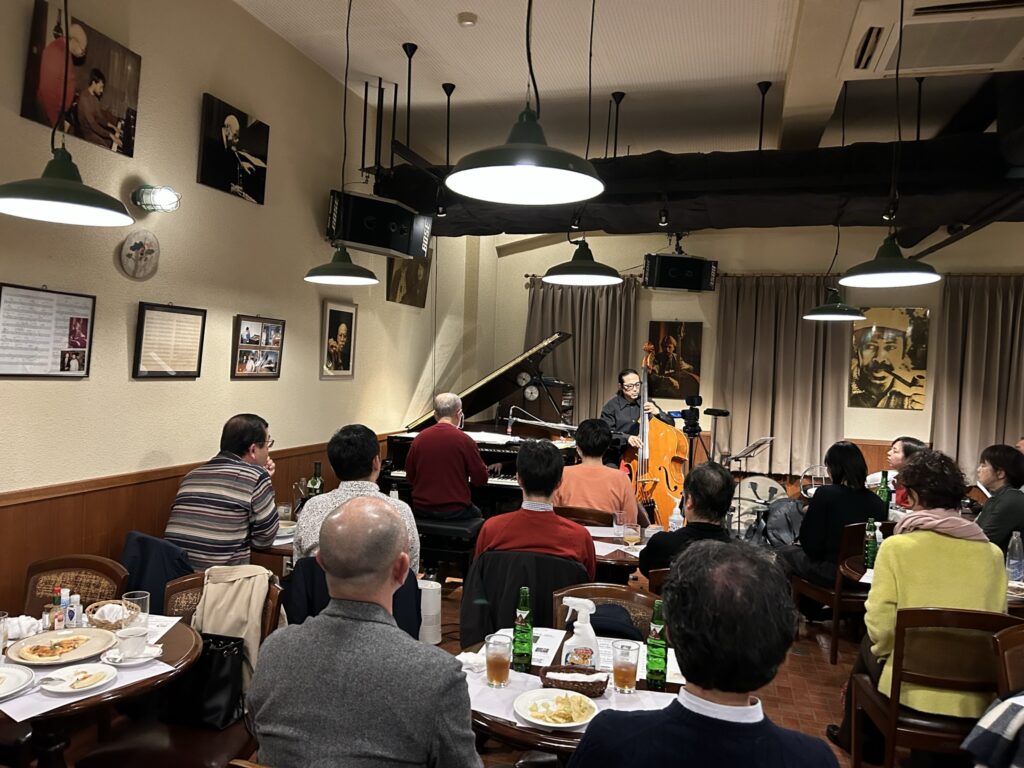
2nd Set
1.That Tired Routine Called Love (Matt Dennis)
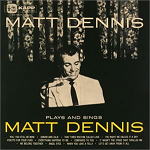
A witty love song written by Matt Dennis, a singer-pianist, and composer-arranger, is best known for penning numerous hit songs for Frank Sinatra. His compositions, while pleasant to the ear, are often tricky to play, and have been cherished by jazz artists. This particular tune, filled with modulations, stimulates the challenging spirits of jazz players. Trombone master J.J. Johnson recorded this
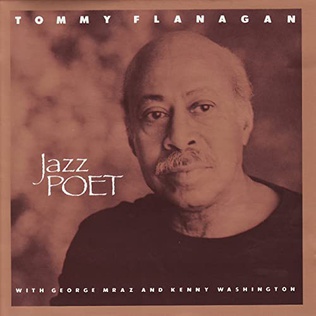
piece with Flanagan for the album “First Place” (Columbia, ’57). Over 30 years later, Flanagan included the song on his own album, “Jazz Poet” (Timeless, ’89), and the arrangement of this song evolved with subsequent performances. Terai performs the evolved version of the arrangement.
2. They Say It’s Spring (Bob Haymes)
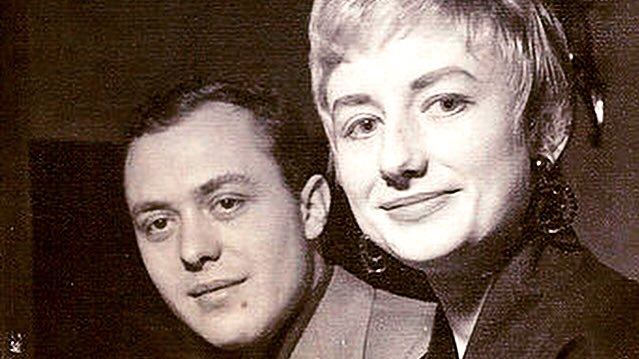
One of the “Spring Songs” that Flanagan called and loved to perform at New York club gigs during the spring season was originally a hit song by Blossom Dearie. Dearie, who married Flanagan’s bandmate Bobby Jasper, first introduced the song to Tommy during one of her live performances. Flanagan later recorded it with George Mraz in 1975 for the album “Ballads and Blues” (Enja).
3. A Sleepin’ Bee (Harold Arlen)
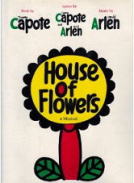
A buoyant spring song originates from a show tune in the Truman Capote-scripted, Harold Arlen-scored musical “House of Flowers.” The song draws inspiration from a Haitian legend, which claims that a girl who holds a sleeping bee in her hand will find true love if the bee neither awaken nor sting her. Flanagan appreciated Terai’s streamlined arrangement of this tune.
4. Passion Flower (Billy Strayhorn)
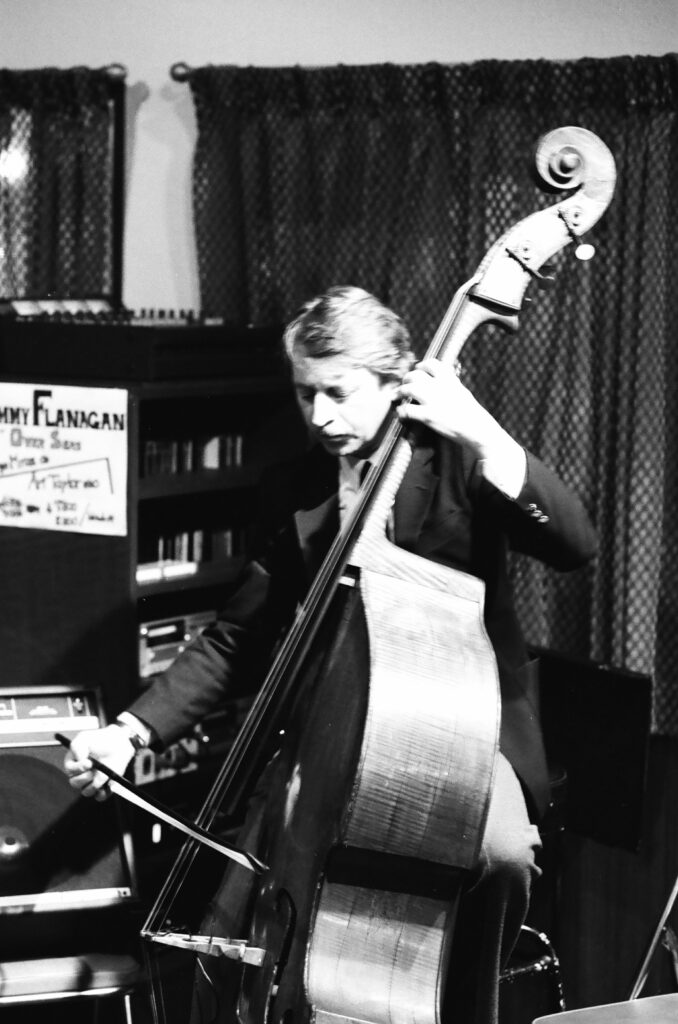
A signature piece of bassist George Mraz during the Tommy Flanagan Trio era. You could enjoy his exceptional bowing on this Strayhorn song almost at every gig. In this particular concert, Zaiko Miyamoto’s beautiful bowing took the spotlight. Even after Mraz departed from Flanagan, he continued to perform this piece, eventually including it in his own album “My Foolish Heart”(Milestone, ‘95)
5. Minor Mishap (Tommy Flanagan)
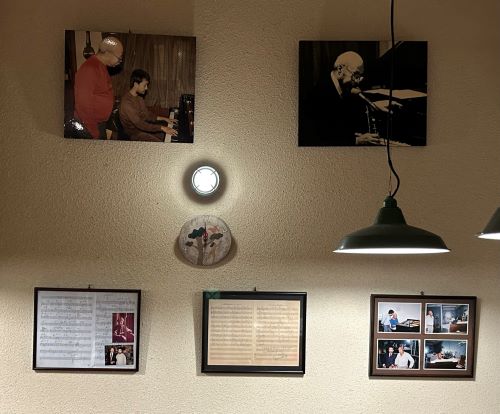
An original recorded in his first album as a leader, “Cats” (New Jazz, ’57) featuring John Coltrane and Kenny Burrell, which album remains popular to this day. The name of the tune is derived from the musical circumstances during the recording session. Since then, Flanagan continued to play most frequently throughout his career.
6. I’ll Keep Loving You (Bud Powell)
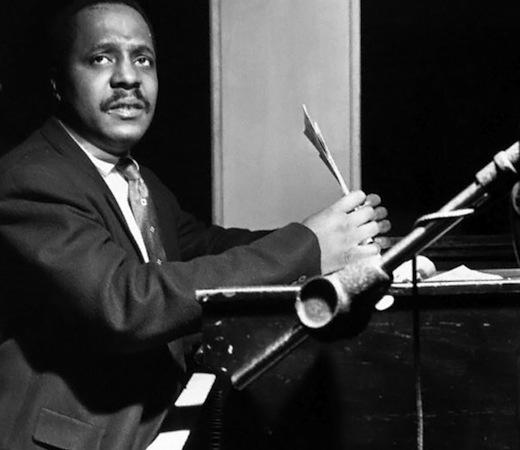
A serene ballad composed by Bud Powell. When Flanagan performed Powell’s tunes, he infused them with an extra layer of elegance without sacrificing Powell’s distinctive qualities. Terai puts abiding love for Flanagan into playing.
7. Our Delight (Tadd Dameron)
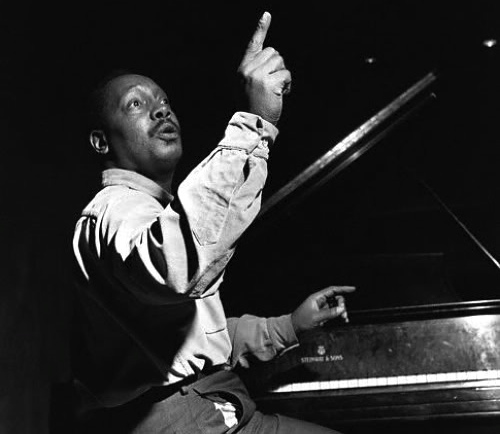
Flanagan often closed his shows with the piece written by Tadd Dameron, showcasing his musical style that skillfully incorporated the dynamism of big band music into a piano trio setting. Flanagan had a customary introduction for this piece: ‘Bebop is the music before the Beatles and after the Beatles!’ The more enthusiastic the applause in agreement, the more magnificent the performance became. In the concert’s duo setting, Terai and Miyamoto were nothing less than dynamic.
Encore:
- With Malice Towards None (Tom McIntosh)
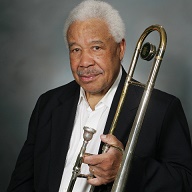
Flanagan’s cherished spiritual masterpiece, recorded with George Mraz on ‘Ballads & Blues,’ holds a special place here at this club. The composer, Tom McIntosh, was not only a friend but also a neighbor of Flanagan, who closely observed the song’s creative process. It turned out that Flanagan’s ideas were intricately woven into this piece. The title of the song is derived from a famous quote in Abraham Lincoln’s speech after the Civil War. Here at the concert, the song moved some of our patrons to tears when they listened to it.
2. Like Old Times (Thad Jones)
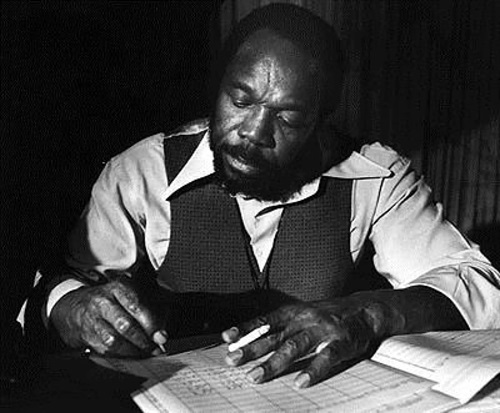
One of the songs from the Detroit era, when Flanagan used to play with Thad Jones at the Blue Bird Inn. Flanagan first recorded the tune with Jones on his own album, ‘Motor City Scene’ (United Artist). Later on, the tune became a staple encore in Flanagan’s performances. Sometimes, he would playfully blew a little whistle from his pocket with perfect timing, eliciting great laughter from the audience. Here at this concert, Terai whistled in the same manner, Like Old Times.
Note by Tamae Terai
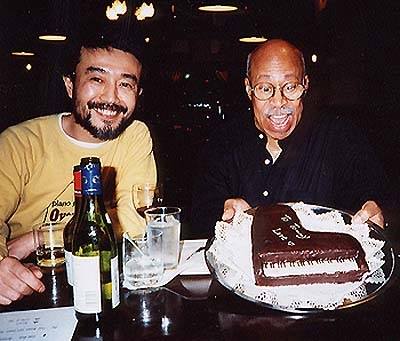
*Join the next Tribute to Tommy Flanagan concert will be held on November 16, 2024.
